It’s been almost twenty years since Neversoft‘s legendary skateboarding game launched.
On June 27, 1999, Tony Hawk successfully landed a 900° spin at the San Francisco X Games. By the end of the year, PlayStation owners had the Activision-published Tony Hawk’s Pro Skater, followed by a Nintendo 64 port in early 2000 and then a SEGA Dreamcast version later the year (not to mention the Game Boy Color port).
Activision contacted Hawk in 1998 – the skater wanted to have a game for years, and he already distanced himself from a PC developer, as well as another publisher, Take-Two.
For Neversoft, the development was chaotic, and they were inspired by Top Skater, an arcade title, not to make Tony Hawk’s Pro Skater a racing game but an „open-world style title, revolving around tricks.” The team was serious – in fact, they even got into skating themselves, getting involved in the skater culture, too. Hawk tested the current build several times a week with the help of a modded PS1, which meant the developers could send CDs to him… which was a clever solution to get a lot of feedback from the skater.
Development took roughly a year, and Hawk had a simple rule: skating first, game mechanics next. He wanted skating to be „transferred” to PlayStation, which was helped by a simplified trick system, which was originally resembling something seen in fighting games.
The developers had a free approach, as well as a stressed working environment due to deadlines and lack of personnel, but this game kickstarted careers for a lot of people. However, Neversoft admitted that all their ideas got completed by the time they were developing the PlayStation 2 titles. In Tony Hawk’s Pro Skater 3, one mission was changed due to the September 11, 2001 events: the bombing of a plane was replaced with pickpocketing.
Ralph D’Amato, who was the producer of the first Tony Hawk’s Pro Skater, is now the media director of Hawk, and he’s working on a documentary called Pretending I’m a Superman: The Tony Hawk Video Game Story, despite not earning enough money for it on Indiegogo. (The title itself is a reference to one of the golden songs of the soundtrack – Goldfinger’s Superman.)
Based on VG247‘s article.

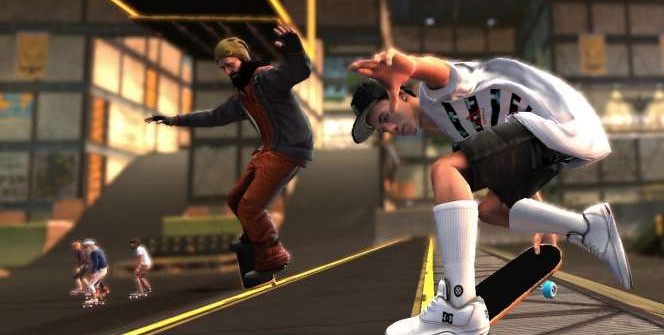
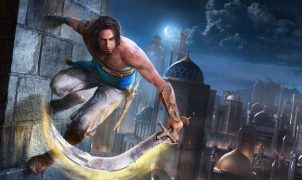
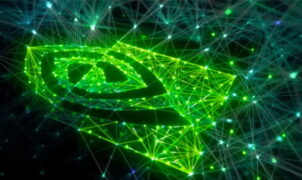
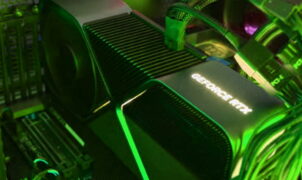
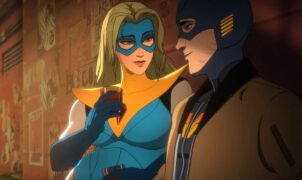
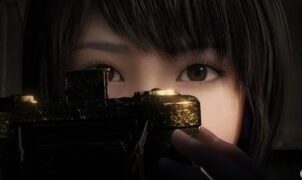
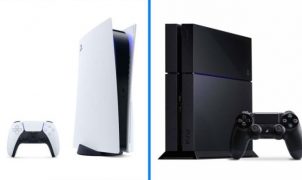


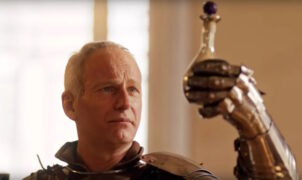
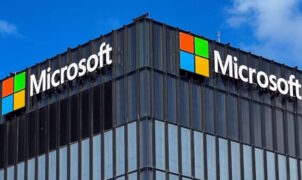
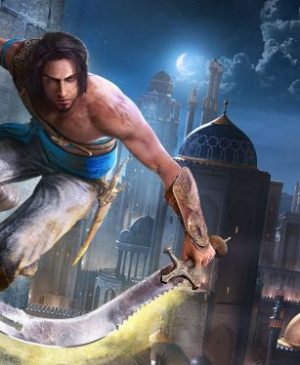
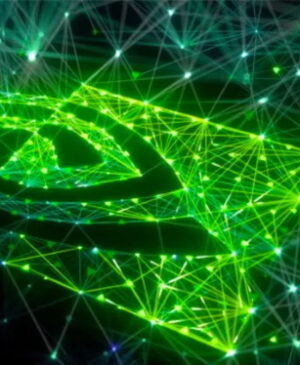
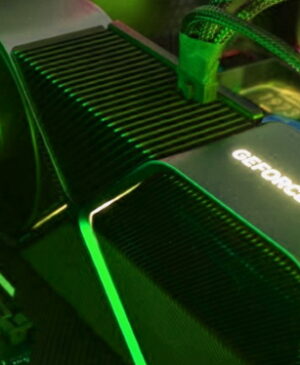
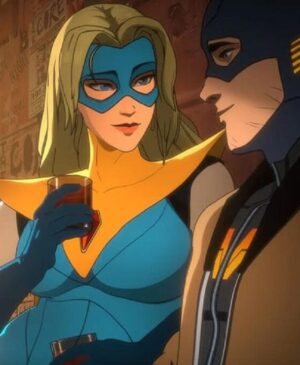
Leave a Reply